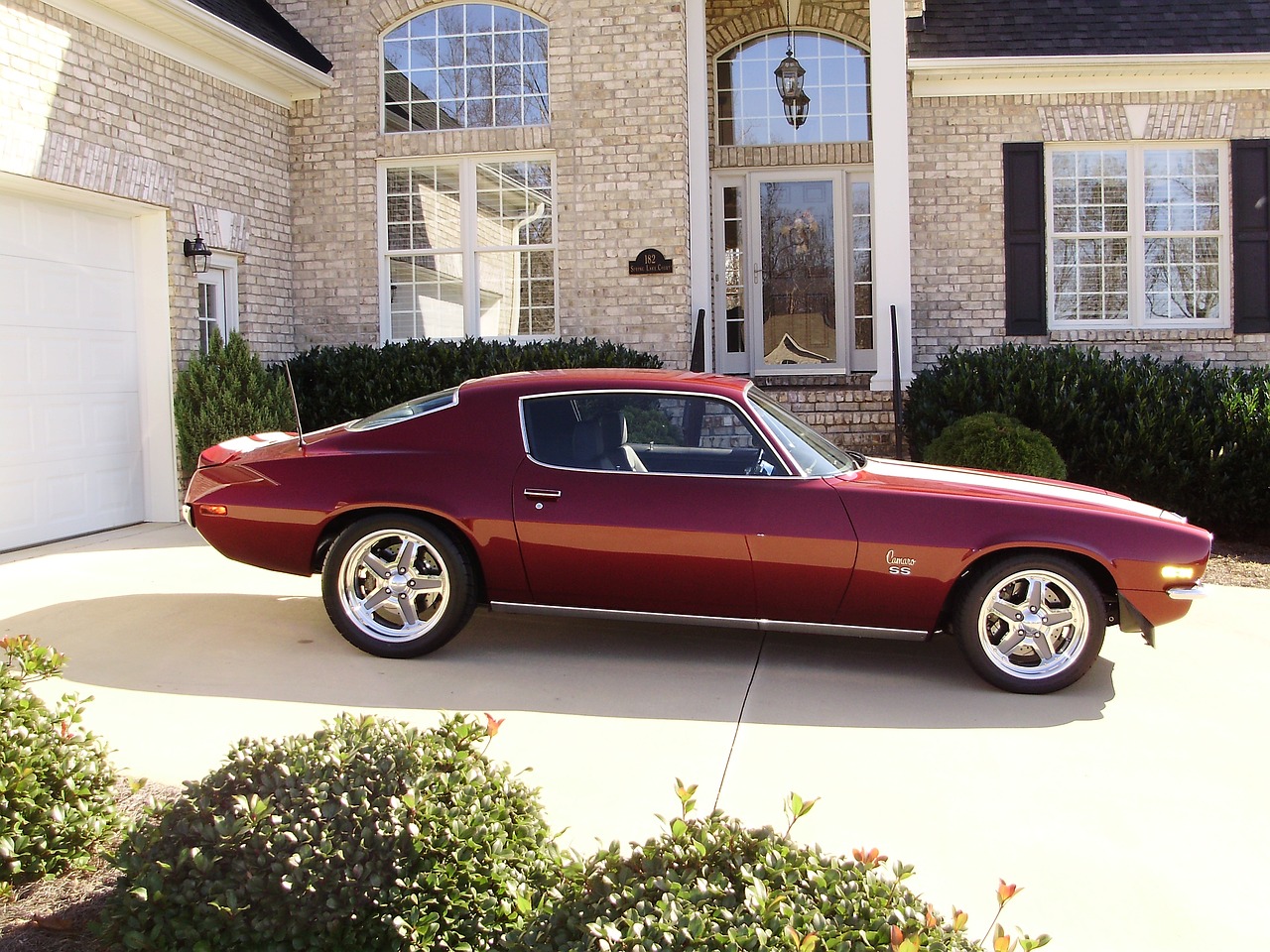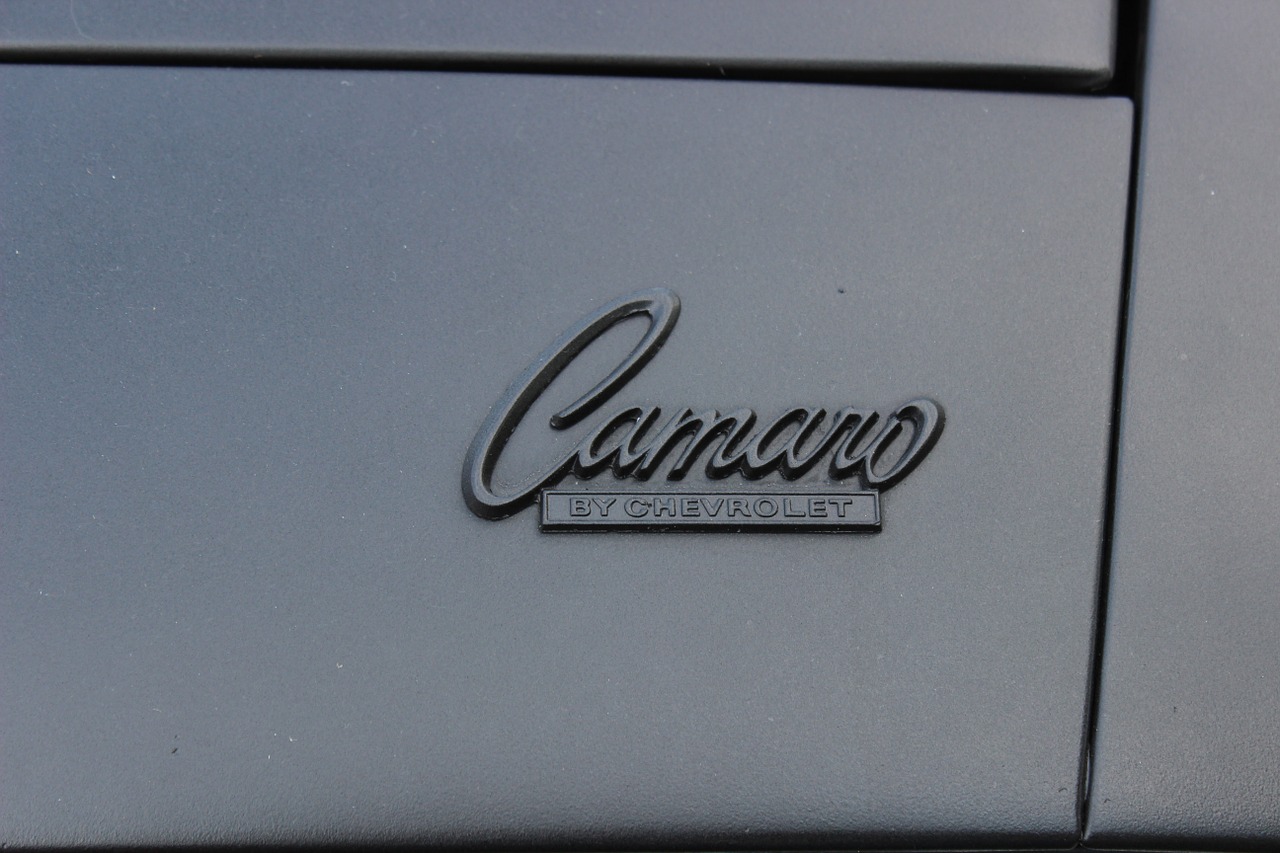Chevrolet unleashed the Camaro to the world on June 28th, 1966, changing the car industry as we know it. There’s a dang good reason Chevy’s been raising the stakes when it comes to Camaros: the Mustang must be beaten. Let’s roll back the punches, and take a look at some things you might not know about the Camaro since its conception.
IMAGE: PIXABAY
1. Ferrari’s Influence
Did you know that the second-generation (C2) Camaro was largely influenced by the timeless, classic Ferrari? Released in 1963, Steve McQueen himself bought the Ferrari Lusso 250 GT. (One look at it and you can see immediately why.) There was only a production run of 350 units, making these gorgeous monsters rare. It only takes seconds to look at the Lusso 250 GT and a C2 Camaro to see the similarities (with a variety Camaro parts.) The C2 Camaro also marked the first line-up of units not available as a convertible.
2. Had A Name Change
When the original Camaro was being developed, Chevy threw around the name “Panther” to compete with Ford’s Mustang at the time. Thing is: Chevy also wanted their lineup of cars to start with C: Corvair, Corvette, Chevelle, etc. The Chevrolet Panther doesn’t have as much of a ring, does it? (Sounds rather silly by today’s standards – whereas the Camaro just sounds cool.)
3. 1969 Exclusivity
Let’s go back to 1969. This year, Chevy released the 1969 COPO Camaro… and not many people knew about it. To get one, you had to ring up someone at GM – meaning you needed connections. Collectors today go gaga over this beau. The reason Chevy kept this a secret was because it was Chevy policy never to install engines over 400-cubic-inches (except full-sized cars and Corvettes). The COPO is 427-cubic-inches.
4. Pete Estes Created The Z/28
At the time in 1969, Mr. Estes ran Chevrolet. Since he wasn’t happy with anything but convertibles, the production team made a topless Camaro for him. Happily introducing the Camaro Z28 to the world. (I’m saving aside my nickels and dimes for this puppy.)
5. The Stuff Of Legend
The Indianapolis 500 has used the Camaro has a pace of eight times. Which isn’t a surprise, considering Chevy bought exclusive pace-car rights to the race all the way back in 2002. However, when Ford unleashed its Mustang beauty at the 500 in 1964, Chevy released their roaring Camaro to pace the 500 in 1967.
6. It Takes Six To Tango
It’s been half a century, and since then the Camaro has undergone six different body styles over the decades. It only takes one glance to see the transformation from “pure American muscle” to “luxurious European”.
7. Bloody Name Origins
Heads at General Motors told the press that a Camaro was a vicious animal that ate Mustangs. This spurred more badass myths like a Camaro being a disease that murders horses (GM wasn’t hiding their rivalry, were they). Truth is, the company chose “Camaro” because it kept in line with their other “C” cars: Corvair, Chevelle, Corvette, etc.
8. The “King” Of Engine HP
Chevy bragged about their 2017 ZL1 punching out a powerful, mastodon-fuming 640-hp. Years earlier, they congratulated themselves for releasing a bull-horn-grabbing 580-hp in their ’12-’15 ZL1. These ferocious engines weren’t always found in Camaros, though: in 1975, they produced a Camaro that had a pitiful 155-hp engine. (Did you forget about that one? Me too.)
Chevrolet Camaro – Conclusion
There are loads more to know about the history, the serene beauty of the Chevrolet Camaro. Like the fact that SS-coupes are the official police patrol cars in Dubai. Or the fact that the Camaro is the third most popular car for collectors – in the U.S. Ford’s Mustang is sandwiched between the Camaro and the Corvette (which has the #1 spot). But that’s a race down memory lane for another time. Did you also know that General Motors owns Chevy, as well as Saturn, GMC, Hummer, Cadillac, Buick, and 6 other manufacturers?
If you are interested in even more car-related articles and information from us here at Bit Rebels then we have a lot to choose from.


COMMENTS